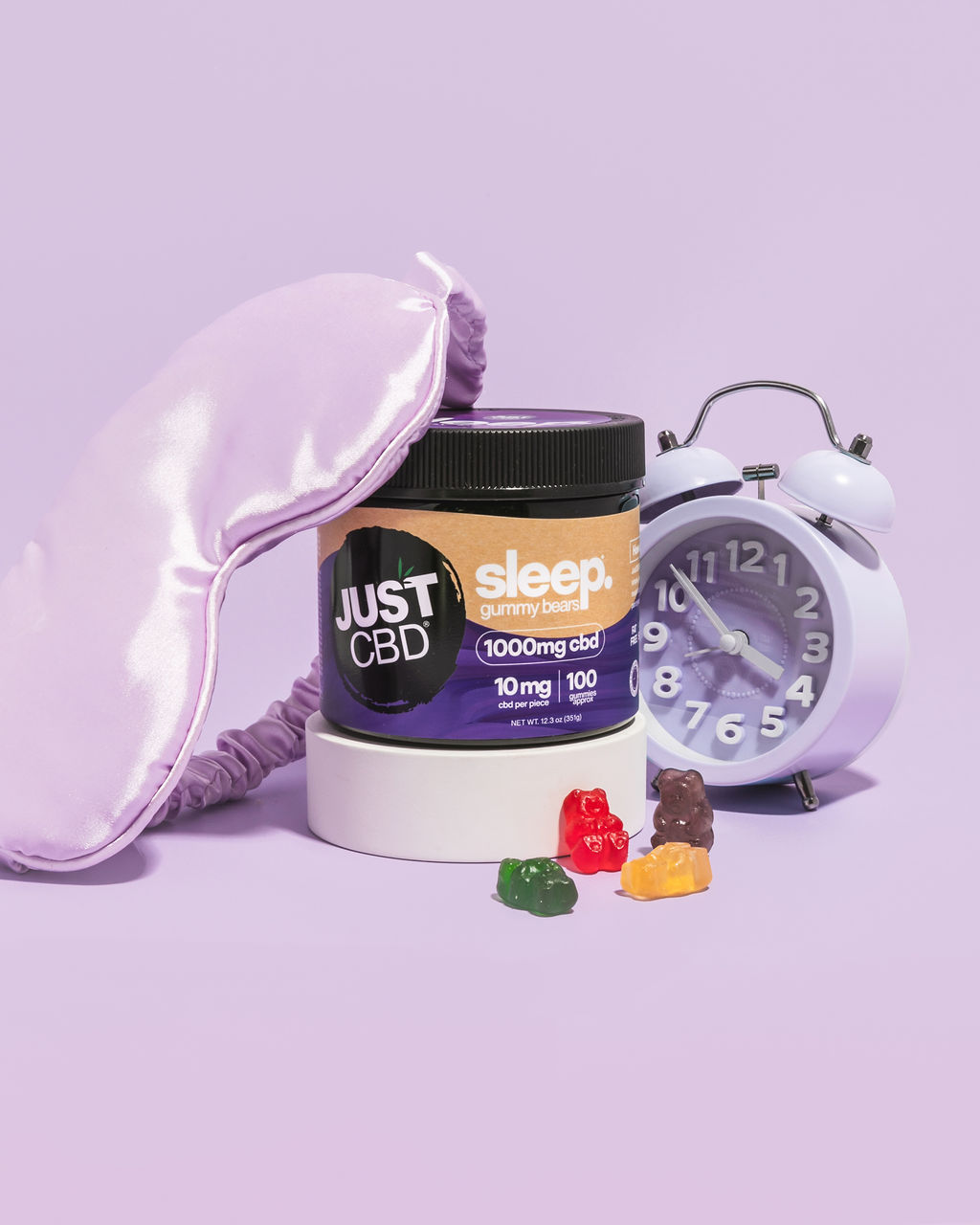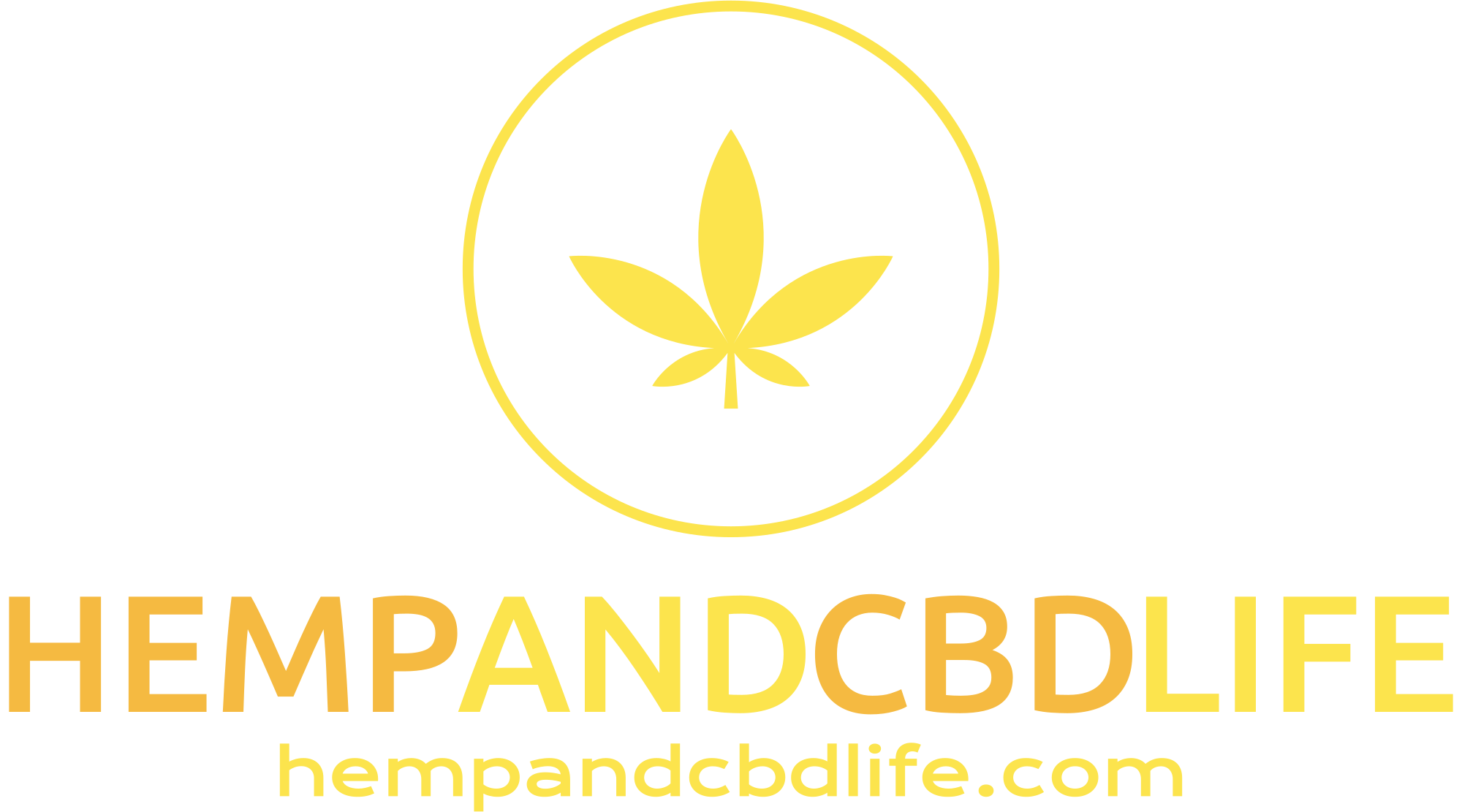Understanding PTSD and its Symptoms
Post-traumatic stress disorder (PTSD) is a mental health condition that can develop after experiencing or witnessing a terrifying event. Symptoms can be wide-ranging and significantly impact daily life, including flashbacks, nightmares, anxiety, depression, and emotional numbness. Understanding the nature of PTSD and its diverse symptoms is crucial for seeking effective treatment and support.
Common PTSD Symptoms
Common PTSD symptoms fall into four main categories: intrusive memories, avoidance, negative changes in thinking and mood, and alterations in arousal and reactivity.

Intrusive memories involve distressing recollections of the traumatic event, often manifesting as flashbacks, nightmares, or unwanted thoughts. Avoidance behaviors encompass efforts to stay away from reminders of the trauma, such as places, people, activities, or even thoughts and feelings associated with the event.
Negative changes in thinking and mood can include persistent negative beliefs about oneself or the world, distorted thoughts about the cause or consequences of the trauma, difficulty experiencing positive emotions, feelings of detachment from others, and loss of interest in previously enjoyable activities.
Alterations in arousal and reactivity may involve being easily startled, feeling on edge or constantly alert, having difficulty sleeping, angry outbursts, reckless or self-destructive behavior, and hypervigilance, a state of constant alertness and scanning for danger.
Impact of PTSD on Daily Life
PTSD can profoundly impact daily life, affecting various aspects of an individual’s existence. Relationships may suffer due to emotional withdrawal, irritability, or fear of intimacy. Work or school performance can decline as concentration difficulties, anxiety, and intrusive thoughts interfere with productivity. Everyday activities like shopping, socializing, or even relaxation can become overwhelming and triggering.
The constant state of hypervigilance and fear associated with PTSD can lead to exhaustion and physical symptoms such as headaches, digestive issues, and muscle tension. The emotional distress and difficulty regulating emotions can contribute to substance abuse, self-harm, or suicidal thoughts. It is essential to remember that seeking professional help is crucial for managing the debilitating effects of PTSD and reclaiming a fulfilling life.
Exploring CBD as a Potential Treatment Option
Post-traumatic stress disorder (PTSD) is a complex mental health condition triggered by experiencing or witnessing a traumatic event. Symptoms can significantly disrupt daily life, encompassing intrusive memories, avoidance behaviors, negative changes in thinking and mood, and alterations in arousal and reactivity. These symptoms manifest in various ways, from flashbacks and nightmares to emotional numbness and difficulty regulating emotions. Understanding the multifaceted nature of PTSD is crucial for effective treatment and support.
CBD and the Endocannabinoid System

CBD, short for cannabidiol, is a naturally occurring compound found in the cannabis plant. Unlike its cousin THC, CBD does not produce psychoactive effects, meaning it doesn’t induce a “high.” CBD interacts with the body’s endocannabinoid system (ECS), a complex network of receptors and neurotransmitters that plays a crucial role in regulating various physiological processes, including mood, sleep, pain perception, inflammation, and immune response.
The ECS consists of two primary receptors: CB1 and CB2. CBD is believed to exert its therapeutic effects by binding to these receptors and modulating their activity. Research suggests that CBD may interact with serotonin receptors as well, potentially contributing to its anxiolytic and antidepressant properties.
Emerging evidence suggests that CBD may hold promise as a potential treatment option for managing PTSD symptoms. Studies have explored the efficacy of CBD in reducing anxiety, depression, sleep disturbances, and hyperarousal, all of which are common manifestations of PTSD.
Scientific Evidence for CBD and PTSD
Several small-scale studies have shown promising results in this regard. For example, one study found that a single dose of CBD significantly reduced anxiety levels in individuals with PTSD who were exposed to trauma-related cues. Another study indicated that long-term CBD use may improve sleep quality and reduce nightmares in individuals with PTSD.
However, it is important to note that the research on CBD for PTSD is still relatively limited. More large-scale, randomized controlled trials are needed to confirm these findings and establish optimal dosages and treatment protocols.
Choosing CBD Gummies for PTSD Management
CBD gummies offer a convenient and discreet way to incorporate cannabidiol into one’s daily routine. With increasing awareness of the potential benefits of CBD for various conditions, including PTSD, many individuals are turning to gummies as a natural approach to managing their symptoms.
Types of CBD Gummies
Choosing CBD gummies specifically formulated for PTSD management can be helpful for those seeking alternative or complementary therapies. These gummies often contain higher concentrations of CBD and may incorporate additional ingredients known for their anxiolytic or mood-boosting properties, such as chamomile, lavender, or magnesium.
Several types of CBD gummies are available, each with potential benefits for managing PTSD symptoms:
Broad-spectrum CBD Gummies: These gummies contain a range of cannabinoids found in the hemp plant, excluding THC. This allows for a broader spectrum of therapeutic effects while avoiding psychoactive properties.
Full-spectrum CBD Gummies: These gummies include all naturally occurring compounds found in hemp, including small amounts of THC (typically less than 0.3%). While THC can have psychoactive effects, the levels in full-spectrum gummies are generally considered too low to cause a “high” but may contribute to an entourage effect, where the combined action of different cannabinoids enhances their therapeutic benefits.
Isolate CBD Gummies: These gummies contain only purified CBD, with no other cannabinoids or plant compounds present. This option is ideal for individuals who want to avoid any potential interaction with THC or other components in hemp.
Dosage Considerations for PTSD
When choosing CBD gummies for PTSD management, it’s crucial to consider the type of CBD, dosage, and individual needs.
Start with a low dose (around 5-10mg of CBD) and gradually increase it as needed, monitoring for any potential side effects. Pay attention to how your body responds and adjust the dosage accordingly.
Remember that CBD’s effectiveness can vary from person to person, so finding the right dose may require some experimentation.
Finding Reputable Brands and Products
Post-traumatic stress disorder (PTSD) is a complex mental health condition triggered by experiencing or witnessing a traumatic event. Symptoms can significantly disrupt daily life, encompassing intrusive memories, avoidance behaviors, negative changes in thinking and mood, and alterations in arousal and reactivity. These symptoms manifest in various ways, from flashbacks and nightmares to emotional numbness and difficulty regulating emotions. Understanding the multifaceted nature of PTSD is crucial for effective treatment and support.
CBD, short for cannabidiol, is a naturally occurring compound found in the cannabis plant. Unlike its cousin THC, CBD does not produce psychoactive effects, meaning it doesn’t induce a “high.” CBD interacts with the body’s endocannabinoid system (ECS), a complex network of receptors and neurotransmitters that plays a crucial role in regulating various physiological processes, including mood, sleep, pain perception, inflammation, and immune response.
The ECS consists of two primary receptors: CB1 and CB2. CBD is believed to exert its therapeutic effects by binding to these receptors and modulating their activity. Research suggests that CBD may interact with serotonin receptors as well, potentially contributing to its anxiolytic and antidepressant properties.
Emerging evidence suggests that CBD may hold promise as a potential treatment option for managing PTSD symptoms. Studies have explored the efficacy of CBD in reducing anxiety, depression, sleep disturbances, and hyperarousal, all of which are common manifestations of PTSD.
Several small-scale studies have shown promising results in this regard. For example, one study found that a single dose of CBD significantly reduced anxiety levels in individuals with PTSD who were exposed to trauma-related cues. Another study indicated that long-term CBD use may improve sleep quality and reduce nightmares in individuals with PTSD.
However, it is important to note that the research on CBD for PTSD is still relatively limited. More large-scale, randomized controlled trials are needed to confirm these findings and establish optimal dosages and treatment protocols.
CBD gummies offer a convenient and discreet way to incorporate cannabidiol into one’s daily routine. With increasing awareness of the potential benefits of CBD for various conditions, including PTSD, many individuals are turning to gummies as a natural approach to managing their symptoms.
Choosing CBD gummies specifically formulated for PTSD management can be helpful for those seeking alternative or complementary therapies. These gummies often contain higher concentrations of CBD and may incorporate additional ingredients known for their anxiolytic or mood-boosting properties, such as chamomile, lavender, or magnesium.
Several types of CBD gummies are available, each with potential benefits for managing PTSD symptoms:
- Broad-spectrum CBD Gummies: These gummies contain a range of cannabinoids found in the hemp plant, excluding THC. This allows for a broader spectrum of therapeutic effects while avoiding psychoactive properties.
- Full-spectrum CBD Gummies: These gummies include all naturally occurring compounds found in hemp, including small amounts of THC (typically less than 0.3%). While THC can have psychoactive effects, the levels in full-spectrum gummies are generally considered too low to cause a “high” but may contribute to an entourage effect, where the combined action of different cannabinoids enhances their therapeutic benefits.
- Isolate CBD Gummies: These gummies contain only purified CBD, with no other cannabinoids or plant compounds present. This option is ideal for individuals who want to avoid any potential interaction with THC or other components in hemp.
When choosing CBD gummies for PTSD management, it’s crucial to consider the type of CBD, dosage, and individual needs.
Start with a low dose (around 5-10mg of CBD) and gradually increase it as needed, monitoring for any potential side effects. Pay attention to how your body responds and adjust the dosage accordingly.
Remember that CBD’s effectiveness can vary from person to person, so finding the right dose may require some experimentation.
Integrating CBD Gummies into a Comprehensive Treatment Plan
Integrating CBD gummies into a comprehensive treatment plan for PTSD offers a potential avenue for symptom management. While research is still emerging, studies suggest CBD may help alleviate anxiety, depression, sleep disturbances, and hyperarousal—common symptoms experienced by individuals with PTSD.
Consulting with a Healthcare Professional
When considering the use of CBD gummies for managing PTSD symptoms, it’s crucial to consult with a healthcare professional.
They can assess your individual needs, medical history, potential drug interactions, and guide you towards the most appropriate treatment approach.
A healthcare professional can also help determine the right dosage of CBD and ensure its safe and effective use in conjunction with other therapies, such as psychotherapy or medication.

Combining CBD with Other Therapies
Integrating CBD gummies into a comprehensive treatment plan for PTSD offers a potential avenue for symptom management. While research is still emerging, studies suggest CBD may help alleviate anxiety, depression, sleep disturbances, and hyperarousal—common symptoms experienced by individuals with PTSD.
It’s important to remember that CBD gummies should not be considered a standalone treatment for PTSD. They work best when combined with other therapies, such as psychotherapy or medication, under the guidance of a qualified healthcare professional.
A mental health professional can assess your individual needs and help you develop a personalized treatment plan that addresses all aspects of your PTSD, including therapy, lifestyle changes, and potentially CBD as an adjunctive therapy.
Remember, finding the right combination of therapies often takes time and experimentation.
Be patient with yourself and work closely with your healthcare provider to create a plan that supports your recovery and overall well-being.
Monitoring Progress and Adjusting Treatment
Integrating CBD gummies into a comprehensive treatment plan for PTSD involves careful consideration and professional guidance. Start by consulting a healthcare professional who can assess your specific needs, medical history, and potential drug interactions.
They can help determine if CBD is an appropriate option for you and guide you on dosage and usage. Begin with a low dose (around 5-10mg of CBD) and gradually increase it as needed, monitoring for any side effects or changes in your symptoms. Remember that individual responses to CBD can vary, so finding the right dose may take some experimentation.
Monitoring progress is crucial when incorporating CBD gummies into your treatment plan. Pay attention to how you feel physically and emotionally after using them.
Note any improvements or worsening of PTSD symptoms such as anxiety, sleep disturbances, flashbacks, nightmares, or emotional numbness. Keep a journal to track your experiences with CBD gummies, including dosage, time of day, and any noticeable effects. Regularly communicate these observations with your healthcare professional.
They can use this information to adjust your treatment plan as needed, potentially modifying the dosage, type of CBD used, or exploring other therapeutic options. It’s important to remember that CBD gummies are not a cure for PTSD and should be viewed as a complementary therapy alongside other proven treatments like psychotherapy and medication. Be patient with the process and work closely with your healthcare provider to find what works best for you.
Potential Side Effects and Risks Associated with CBD
While CBD shows promise in managing PTSD symptoms, it’s essential to be aware of potential side effects and risks. Common side effects can include dry mouth, diarrhea, fatigue, changes in appetite, and drowsiness. More serious but less common side effects may involve liver damage, interactions with other medications, or worsened anxiety in some individuals.
Common Side Effects
Like any substance, CBD can have potential side effects and risks. Common side effects include dry mouth, diarrhea, fatigue, changes in appetite, and drowsiness. It’s important to start with a low dose and gradually increase it as needed while monitoring for any adverse reactions.
Less common but more serious side effects may involve liver damage, interactions with other medications, or worsening anxiety in some individuals. It’s crucial to consult with a healthcare professional before using CBD, especially if you have pre-existing medical conditions, are pregnant or breastfeeding, or take other medications.
They can assess your individual situation and advise on appropriate dosage and potential risks based on your specific health profile.
Interactions with Medications
CBD interacts with a variety of medications, potentially leading to adverse effects. It’s crucial to consult a healthcare professional before using CBD if you are taking any medications, as it can interact with:
* **Blood thinners:** CBD may enhance the effects of blood thinners, increasing the risk of bleeding.
* **Antidepressants and anti-anxiety medications:** CBD may amplify or diminish the effects of these medications, leading to unexpected side effects or reduced effectiveness.
* **Sedatives and sleep aids:** Combining CBD with these medications can intensify drowsiness and sedation, increasing the risk of falls or other accidents.
* **Anticonvulsants:** CBD might interfere with the effectiveness of anticonvulsant medications used for epilepsy or other seizure disorders.
This is not an exhaustive list, and it’s essential to inform your doctor about all medications you are taking, including over-the-counter drugs, supplements, and herbal remedies.
Long-Term Effects
CBD gummies offer a convenient and discreet way to incorporate cannabidiol into one’s daily routine. With increasing awareness of the potential benefits of CBD for various conditions, including PTSD, many individuals are turning to gummies as a natural approach to managing their symptoms.
Choosing CBD gummies specifically formulated for PTSD management can be helpful for those seeking alternative or complementary therapies. These gummies often contain higher concentrations of CBD and may incorporate additional ingredients known for their anxiolytic or mood-boosting properties, such as chamomile, lavender, or magnesium.
Several types of CBD gummies are available, each with potential benefits for managing PTSD symptoms:
- Broad-spectrum CBD Gummies: These gummies contain a range of cannabinoids found in the hemp plant, excluding THC. This allows for a broader spectrum of therapeutic effects while avoiding psychoactive properties.
- Full-spectrum CBD Gummies: These gummies include all naturally occurring compounds found in hemp, including small amounts of THC (typically less than 0.3%). While THC can have psychoactive effects, the levels in full-spectrum gummies are generally considered too low to cause a “high” but may contribute to an entourage effect, where the combined action of different cannabinoids enhances their therapeutic benefits.
- Isolate CBD Gummies: These gummies contain only purified CBD, with no other cannabinoids or plant compounds present. This option is ideal for individuals who want to avoid any potential interaction with THC or other components in hemp.
When choosing CBD gummies for PTSD management, it’s crucial to consider the type of CBD, dosage, and individual needs.
Start with a low dose (around 5-10mg of CBD) and gradually increase it as needed, monitoring for any potential side effects. Pay attention to how your body responds and adjust the dosage accordingly.
Remember that CBD’s effectiveness can vary from person to person, so finding the right dose may require some experimentation.
Potential Side Effects and Risks Associated with CBD, Long-Term Effects
While CBD shows promise in managing PTSD symptoms, it’s essential to be aware of potential side effects and risks. Common side effects can include dry mouth, diarrhea, fatigue, changes in appetite, and drowsiness. More serious but less common side effects may involve liver damage, interactions with other medications, or worsened anxiety in some individuals.
Like any substance, CBD can have potential side effects and risks.
It’s important to start with a low dose and gradually increase it as needed while monitoring for any adverse reactions.
Less common but more serious side effects may involve liver damage, interactions with other medications, or worsening anxiety in some individuals. It’s crucial to consult with a healthcare professional before using CBD, especially if you have pre-existing medical conditions, are pregnant or breastfeeding, or take other medications.
They can assess your individual situation and advise on appropriate dosage and potential risks based on your specific health profile.
Conclusion
In conclusion, while CBD gummies offer a potentially promising avenue for managing PTSD symptoms, it is crucial to approach their use with informed caution. Consulting a healthcare professional before incorporating CBD into any treatment plan is essential. They can assess individual needs, potential risks, and guide dosage adjustments for safe and effective symptom management.
Remember that CBD gummies are not a standalone cure for PTSD and should be used as part of a comprehensive approach that includes psychotherapy, medication, and lifestyle changes as recommended by qualified healthcare providers.
Buy CBD Gummies for better mental clarity
Shop tasty cbd oil infused gummies via JustCBD
Pets R 4 U
Talking Texture
- Why Can’t I Drink After Lip Filler - November 8, 2025
- What Is The Average Cost Of A Liquid Facelift? - November 6, 2025
- Sculptra For Skin Replenishing In Surrey - November 4, 2025
